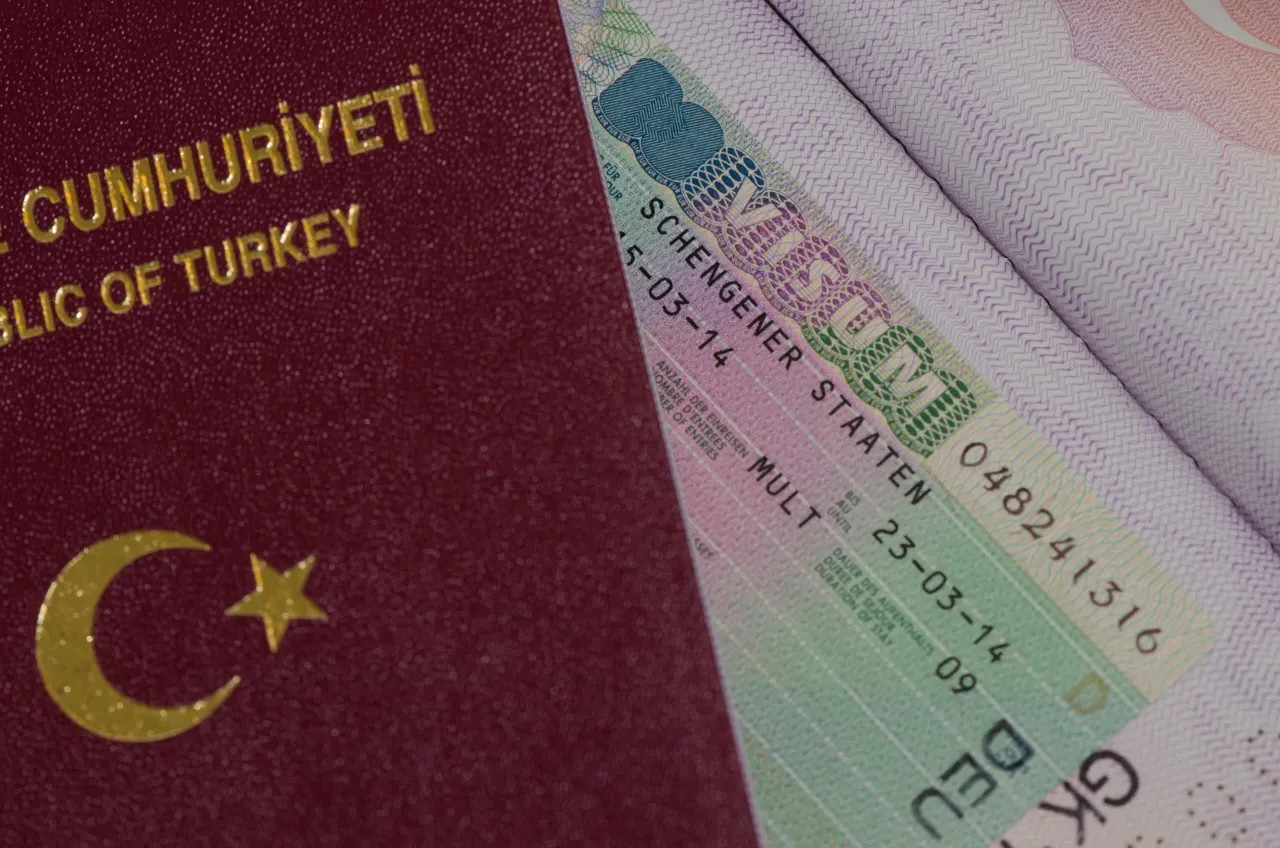Companies that invest in the private equity market bear high risks but also the possibility of high returns. Usually, private equity companies exit after about three to seven years. However, Turkish private equity companies tend to invest for longer periods. Private equity capital is also preferred for buyouts, which gives the investor company the opportunity to take control of the investee company.
Growth capital options are more popular than buyouts in the Turkish private equity market but some companies have started doing buyouts too.
In Turkey, funds are typically invested in companies that are already established and have gone through the "start-up" level, but need financing. The manufacturing and service sectors attract the most investors, followed by logistics, telecommunications, trade and the construction sectors. In recent years, the retail sector has also started to attract private equity companies.
Generally, Turkish private companies engage in management and leveraged buyouts rather than other transactions. Since Turkish private equity companies tend to invest for longer than three to six years, management buyouts are more popular than other types of transaction.
The concepts of drag-along and tag-along are not well known in Turkey. Companies usually tend to exit more than 7 years, however, as long as the logic and benefit of the private equity be realized, the number of short-term exits will rise in the following years.
Private equity funds are regulated by Turkish Capital Markets Law as a subset of investment companies. They are defined as joint stock companies with fixed or variable capital established to issue shares in respect of portfolios comprised of:
- Capital market instruments.
- Real estate.
- Venture capital investments.
- Other assets.
Private equity funds must be incorporated as or transformed into joint stock companies with registered capital. An establishment permit must be obtained from the Capital Markets Board.
The Communiqué on Venture Capital Investment Trusts regulates the management and structure of private equity funds. Advertisements and announcements concerning the company and its portfolio must correspond with its real financial situation and the publicly available data on the company.
The Communiqué on Venture Capital Investment Trusts regulates the restrictions on the shareholders and managers of private equity investment trusts and funds. A leader shareholder must fulfil conditions such as:
- Honesty and reputation.
- Not being insolvent.
- A minimum of five years' experience in law, finance, banking, industry or trade.
- Assets of a minimum of TL 10 million.
The same conditions (apart from the minimum assets condition) also apply for general managers. Restrictions for investors are not regulated by the Communiqué on Venture Capital Investment Trusts. Qualified investors (as defined by the Communiqué) must fulfil the requirements regulated by the Communiqué on Angel Investments including the condition that assets must be worth a minimum of TL 1 million.
There are no statutory or other limits on maximum or minimum investment periods in private equity funds. The minimum rate of private equity investments must be 51% of their portfolio value. The maximum rate of investment in capital market instruments is 10% of their portfolio value.
In the event that a private equity investment trust invests through giving loans or security, its minimum rate for an investee must be 25% of the investment amount for the related investee. They may invest in the off-board shares of the investee for a minimum amount of 25% of the assets of the private equity investment trust.
The relationship between the investor and the fund is governed by rules under Turkish law on corporate management:
- The founders and portfolio managers must look after investors' interests by managing the fund's assets. The management must act in accordance with the management principles regulated by the law.
- Private equity investment trusts must provide the documents regarding their articles of association, investments and board resolutions to the Capital Markets Board.
- Private equity investment trusts are subject to the governance principles in the Capital Markets Law. For example, certain financial information regarding the investee and portfolio must be announced in the KAP (Public Disclosure Platform).
- According to the Capital Markets Law, the portfolio manager must be independent of the private equity investment trust.
In Turkey buyouts through capital injection are increasingly common. The main aim of a buyout is to acquire control of a related company that cannot fulfil its potential.
Buyouts that are performed by auction generally involve high amounts. Small and medium-sized deals are usually conducted directly with the assignor and assignee in accordance with the Turkish Commercial Code and the Capital Markets Law. Auctions are subject to general principles such as the announcement of an auction and corresponding applications within certain time limits.
The buyout of listed companies is not common. Principles concerning acquisitions contained in the Turkish Commercial Code and Capital Market Law are applied to the buyouts of listed companies. In addition, the Privatization Law applies to auctions of buyouts of public enterprises.
The forms of exit typically used to realize a private equity fund's investment in a successful company are:
- Trade sales. This is mostly applied through a M&A transaction to a strategic buyer. This exit strategy is highly popular owing to trade buyers who are involved in the same industry who have common business interests that drive them to pay higher prices.
- IPO. An IPO enables a company's shares to be listed on the stock market for the first time. In Turkey, IPO exits are not as preferred as strategic sales.
In 2013, there were 15 exit transactions in the Turkish private equity market.
The advantages of trade sales are; a premium is paid by acquirers after the higher valuation of the portfolio company, in comparison with the IPO process below, it is less costly and also convenient to proceed, M&A exit requires only one investor's support, whereas an IPO must convince the whole market, immediate and complete exit. The disadvantages of trade sales are; potential conflict among the management which could also affect its independence, difficulty in forecasting buyers' behavior.


